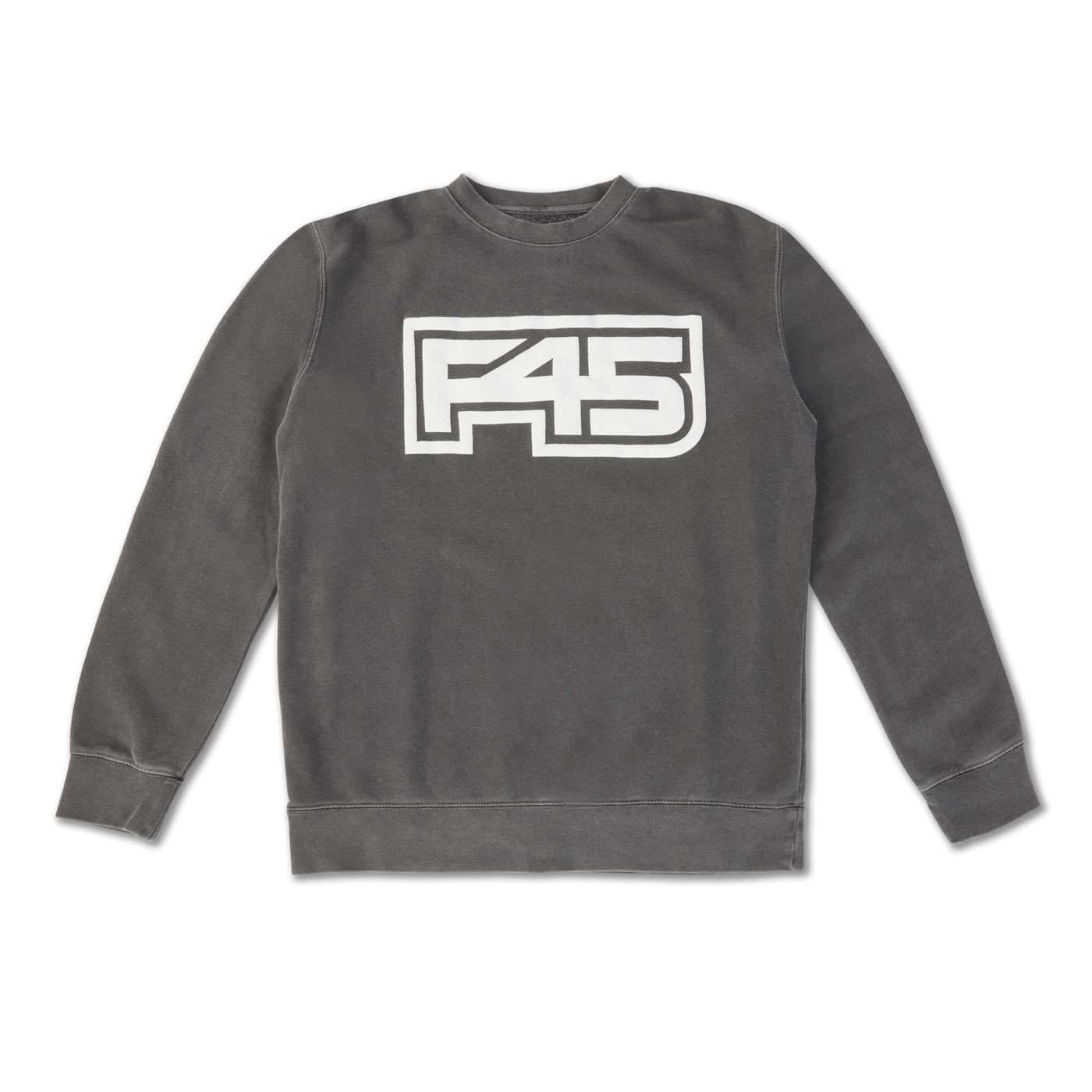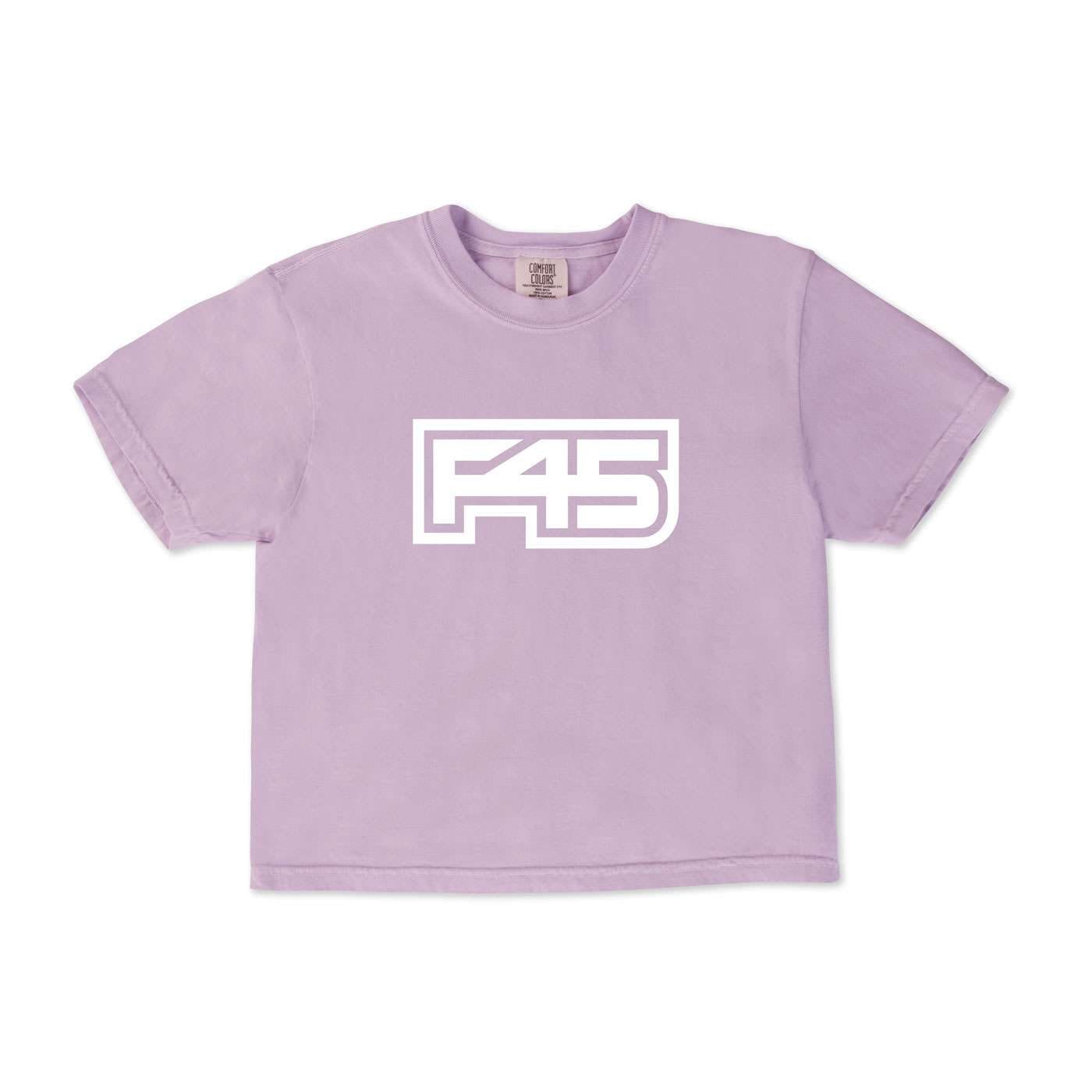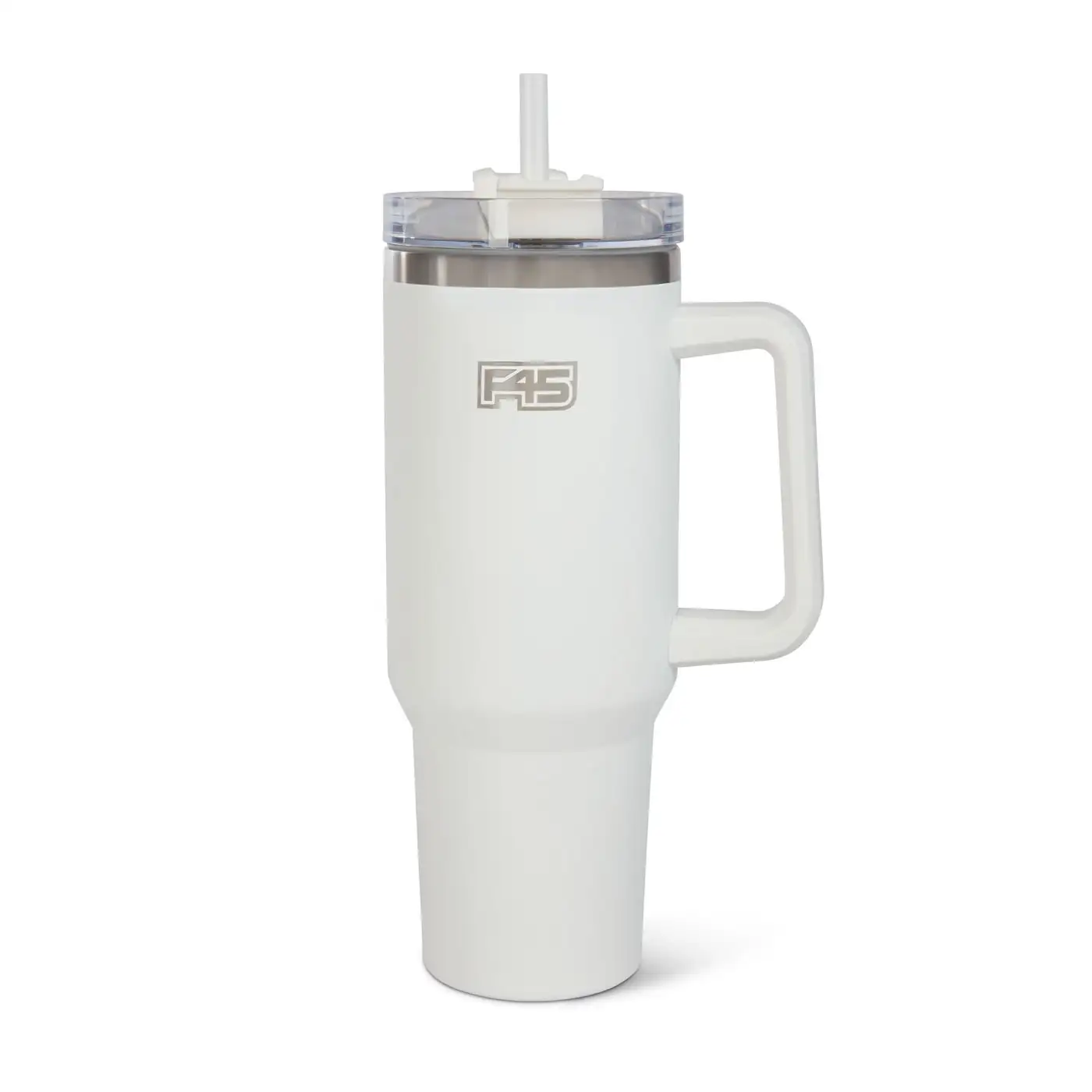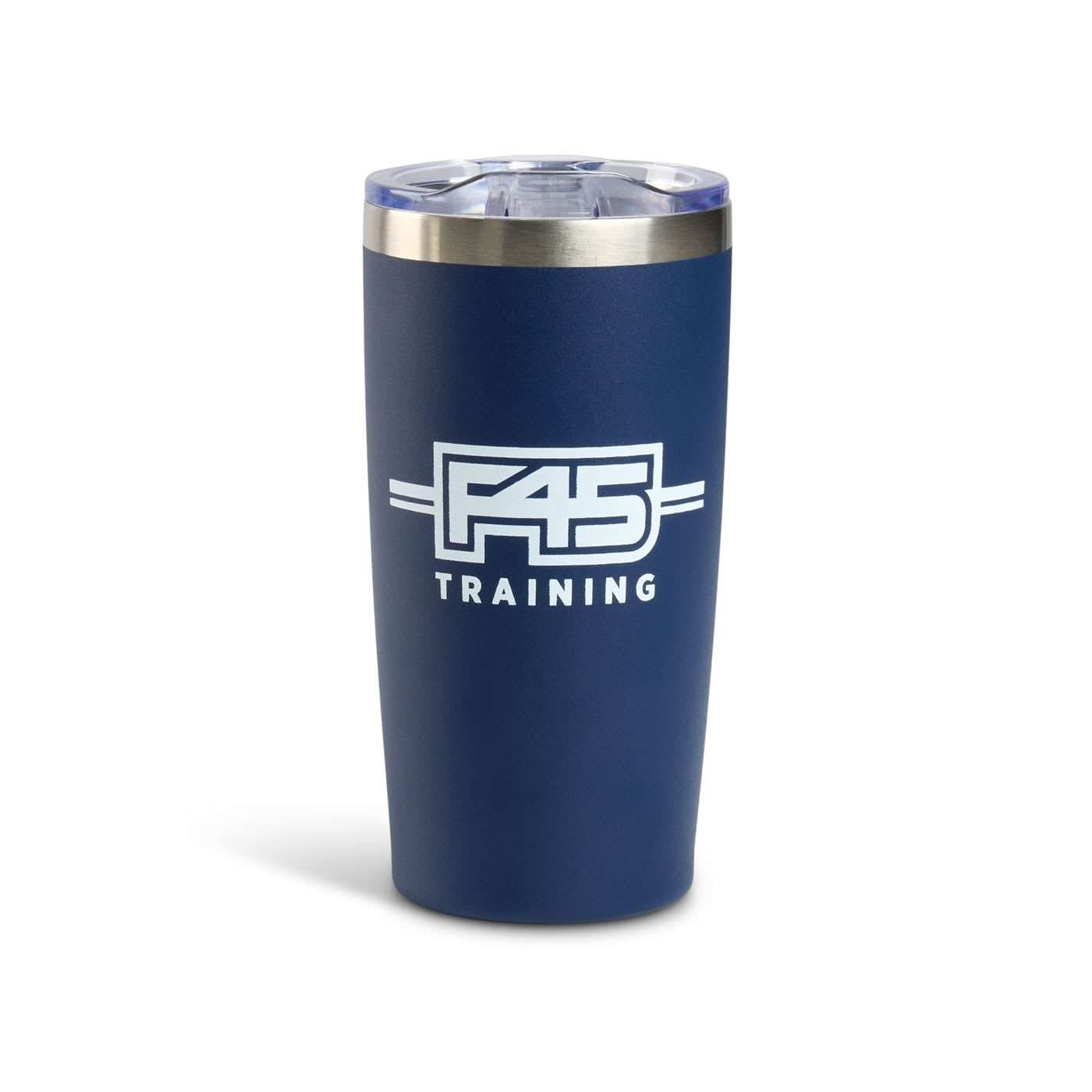
Has isolation caused you to have food on the brain more than usual? Maybe you’ve found yourself standing at the pantry hunting for snacks even though you aren’t hungry, or perhaps your junk food cravings are through the roof. Don’t stress—you’re human, and this happens.
The first part of the process is understanding the ‘what’ and the ‘why,’ which can help us identify what might be going on and allow us to better manage our hunger.
There are two types of hunger to understand, psychological and physical, and it is sometimes hard to distinguish between the two. Psychological hunger is what was described above—hunger that comes on suddenly, usually accompanied by an urgent need for a specific food. Physical hunger is what we feel when our stomach rumbles.
As you prepare for the Maintenance Phase, we want to provide you with more detail about the differences between the two types of hunger and how you can identify them.
Physical hunger
This is when your stomach is empty and your brain signals that it is hungry by initiating stomach growling, thoughts about food, and feelings of irritability, tiredness and poor concentration. When you are physically hungry, any food will satisfy you, and this is actually a good thing! Feeling your hunger cues is important and a great way to know if you are consuming adequate food or not.
Psychological hunger
This is when we eat due to our emotions, whether it be boredom, stress, sadness or loneliness, which often leads to feelings of regret or guilt. During this time of isolation, it is more likely that you will reach for foods like ice cream, chocolate, and chips, as these make us “feel good.” Psychological hunger can lead to a binge on these particular foods, as we may ignore our fullness cues.
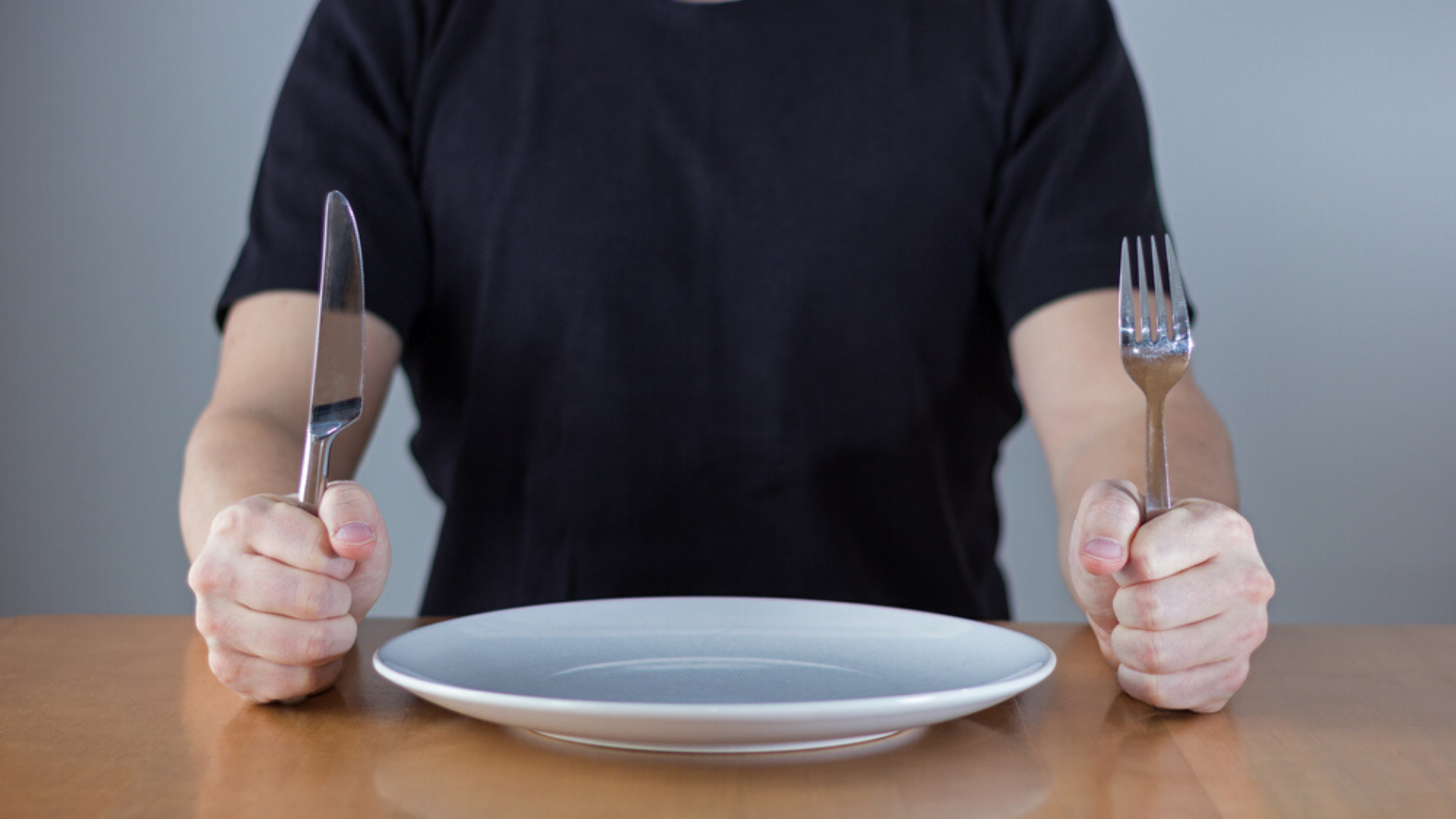
So, how do I determine between physical and psychological hunger?
There are some key differences between the two, outlined below:
Physical hunger
- Increases gradually
- Can be fulfilled by a piece of fruit
- You can wait to eat, but need to soon
- Occurs in response to a sensation in your body, i.e. a rumbling stomach
- A deliberate choice of food, eaten with awareness
- A sense of satisfaction after eating
- No guilt
Psychological hunger
- Comes on suddenly
- You want a particular type of food
- You need food with a sense of urgency
- Occurs in response to an emotion, i.e. boredom, stress, sadness or loneliness
- An impulse choice, eaten quickly without much thought
- You still want more or a different type of food
- Feelings of guilt, regret
Another way to determine if the hunger you feel is physical or psychological is to do the “apple test.” Next time you think you are hungry or are craving a snack, ask yourself if you would still want this food if all that you had available was an apple. If the answer is yes, then you are most likely feeling physical hunger. If not, you may be acting on an emotional trigger and would benefit from taking the time to reflect on what you are feeling in that moment.








